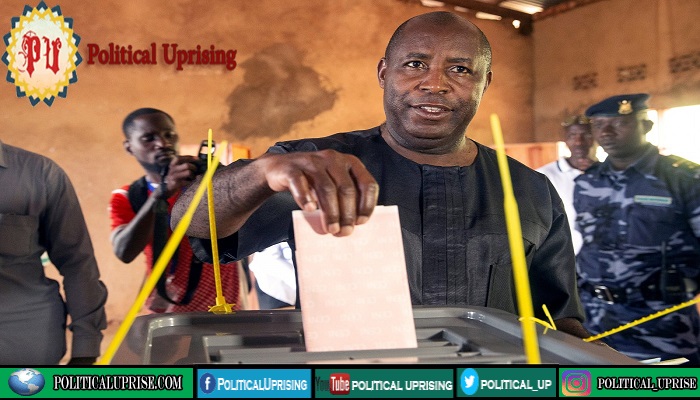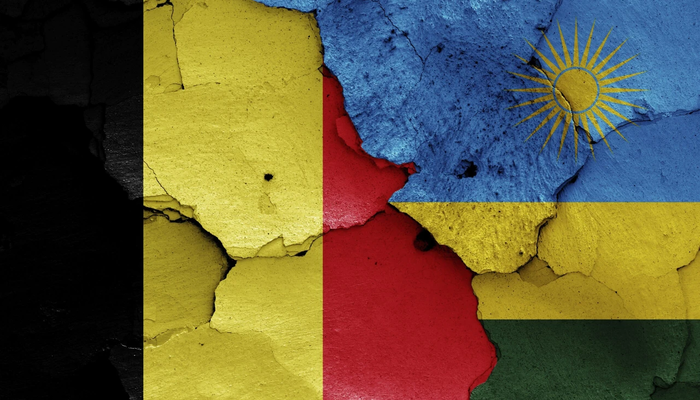Mauritius PM and his coalition has strengthened grip on parliament after poll in which they won 42 of 70 seats in parliamentary poll, electoral body says.
Mauritius Prime Minister Pravind Jugnauth has won a comfortable majority in the country’s election, according to final results released by the electoral commission.
Jugnauth’s coalition, the centre-right Morisian Alliance, won four more seats in the final allocation to hold 42 of 70 parliamentary seats following Thursday’s vote, the commission said late on Saturday. The result means that his alliance secured the outright majority needed to form government alone.
“I have received a clear mandate,” for a five-year term, Jugnauth told supporters, adding that he would be prime minister for all Mauritians.
While voters choose 62 MPs, the commission appoints eight others from those who attained the highest scores but were not elected directly.
Read More: US columnist sues Trump for calling her liar
Under this system, set up to rebalance the distribution of seats between parties and communities in the Indian Ocean nation of four volcanic islands, the Morisian Alliance added four seats, the centre-left National Alliance three and the Mauritian Militant Movement (MMM) one.
That gave the National Alliance, led by two-time prime minister Navin Ramgoolam, a total of 17 seats.The MMM took nine seats.
The commission said roughly three-quarters of the prosperous archipelago’s one million eligible voters turned out to cast their ballots on Thursday, slightly more than the numbers for the last poll in 2014.
Mauritius is predominantly Hindu and is divided into ethnic groups under the 1968 independence constitution to also reflect the sizeable Muslim minority, the Chinese and the “general population”, those of Creole backgrounds or European origin.
Jugnauth’s victory has reinforced the legitimacy of a leader who took over from his father in 2017 without going through a vote.
The prime minister had urged the country to judge him on his short time in office, talking up economic reforms.
The 57 year old had pointed to his stewardship of the economy, which grew at nearly four percent in 2018, social reforms and an infrastructure drive when opponents denounced “papa-piti” (from father to son) politics during the campaign.
Jugnauth has also introduced a minimum wage of about $240 a month, increased pensions for the elderly and reformed labour laws.
Read More: Military outpost attack caused huge loss
The first stage of a new light rail network is also scheduled to open in December.
But the diverse country of 1.3 million, situated roughly 1,800km (1,100 miles) off the eastern coast of Africa, is not without its problems.
Youth unemployment, at 22 percent, is also high and income inequality is seen as deepening.
It has also earned a reputation as a tax haven, and has come under fire for helping global companies park their wealth offshore, particularly those operating in Mauritius’ poorer African neighbours.
Mauritius PM has been elected for five-year term in parliamentary election.



